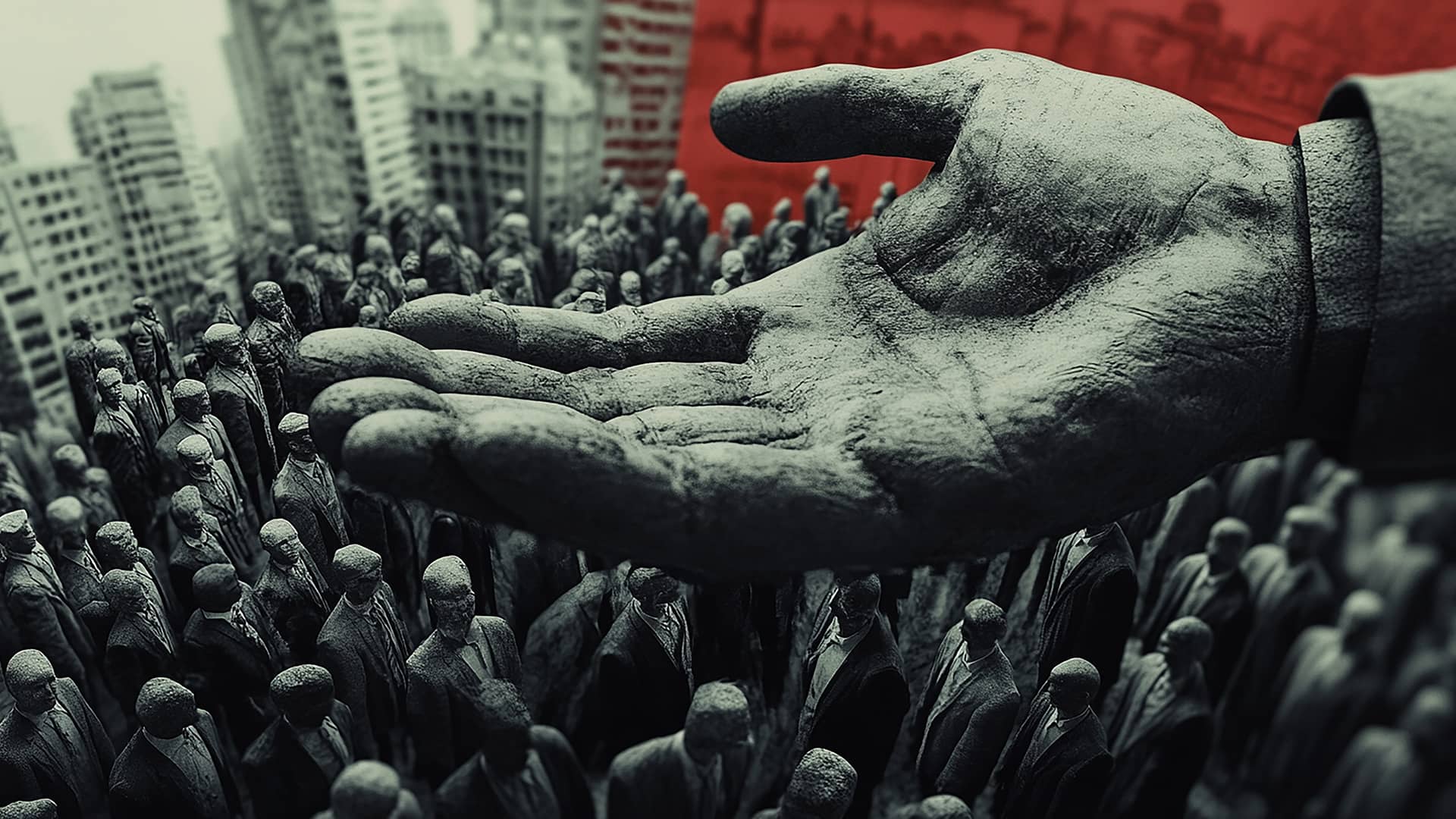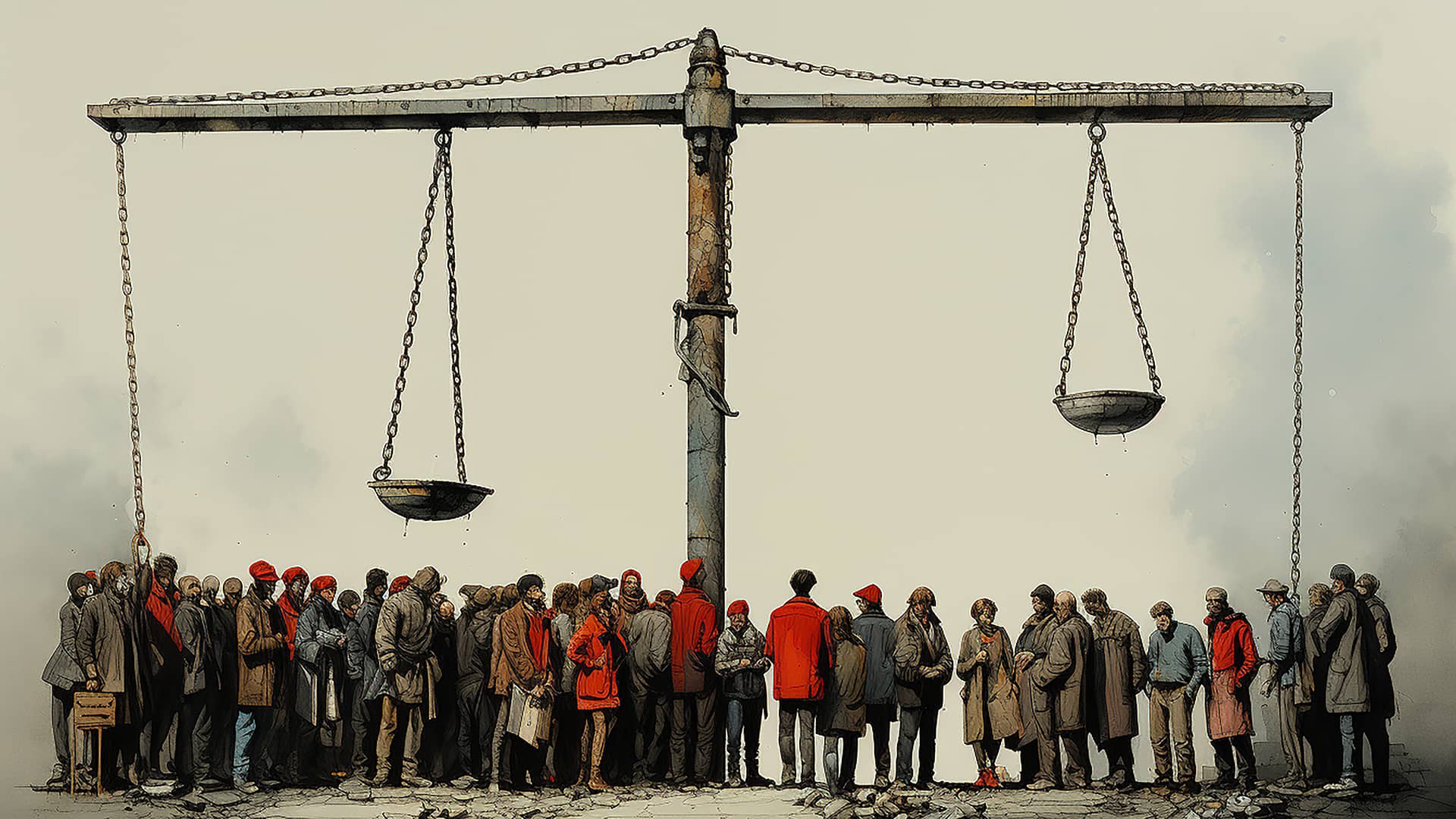International Human Rights Law: Empowering Victims of State Oppression

The Global Framework
International human‑rights law is a network of treaties, conventions and customary norms designed to protect people from abuses by their governments. Core instruments include the Universal Declaration of Human Rights (UDHR), the International Covenant on Civil and Political Rights (ICCPR) and the European Convention on Human Rights (ECHR). These documents affirm rights such as freedom of expression, fair trial, freedom of religion and protection from torture.
Mechanisms for Accountability
- United Nations: Individuals can submit complaints to UN treaty bodies when domestic remedies are exhausted. The UN Human Rights Council also mandates special rapporteurs to investigate human‑rights situations.
- European Court of Human Rights (ECtHR): Citizens of Council of Europe member states, including Turkey, can bring cases alleging violations of the ECHR. The Court’s judgments are legally binding.
- UN Special Procedures and Working Groups: These experts investigate arbitrary detention, enforced disappearances and other issues. Governments are expected to respond to their findings.
- International Criminal Law: In extreme cases such as genocide or crimes against humanity, perpetrators may be tried before international tribunals.
Key Treaties and Rights
The UDHR and ICCPR lay the groundwork for international human‑rights law. The ICCPR’s Article 9 protects individuals from arbitrary arrest and detention, Article 14 guarantees the right to a fair trial, and Article 18 safeguards freedom of thought, conscience and religion. The Convention Against Torture prohibits cruel, inhuman or degrading treatment, and the Convention on the Rights of the Child protects minors from abuse and exploitation. Regional instruments like the European Convention on Human Rights expand on these rights by providing a judicial mechanism (the ECtHR) that individuals can access directly.
How to File a Case with the ECtHR
To bring a case to the ECtHR, applicants must first exhaust all available domestic remedies. They must file their application within six months of the final domestic decision. The Court evaluates whether rights guaranteed by the ECHR were violated and may award compensation or order other remedies. Successful cases can lead to broader reforms; for example, a ruling finding systemic issues in the Turkish judiciary might prompt legislative changes. Although the process can take years, international jurisprudence sets important precedents and can deter future abuses.
UN Treaty Bodies and Special Procedures
Several UN bodies oversee compliance with human‑rights treaties. The Human Rights Committee monitors the ICCPR, while the Committee Against Torture examines states’ adherence to the torture convention. Individuals may submit communications to these committees alleging violations, and the committees can issue recommendations. The Working Group on Arbitrary Detention investigates individual cases of detention without trial and has called on Turkey to release certain prisoners. These mechanisms lack enforcement power but carry significant moral and political weight.
Other Regional Mechanisms and Tools
In addition to the ECtHR, other regions have human‑rights courts and commissions, such as the Inter‑American Commission on Human Rights and the African Court on Human and Peoples’ Rights. While Turkey is not subject to these bodies, their jurisprudence contributes to a global consensus on rights. Universal jurisdiction laws in some countries allow national courts to prosecute torture or genocide committed abroad. NGOs sometimes pursue such cases when the victims cannot find justice at home.
AST’s Use of International Mechanisms
AST recognises that domestic courts in Turkey are often unable or unwilling to protect victims. Their constitution explicitly states that AST will use UN, CoE, ECtHR, OSCE and EU mechanisms to bring human‑rights violations to the forefront. They not only litigate on behalf of plaintiffs, but also collaborate with professional organisations to speed up resolutions. Through submissions to international bodies, AST seeks to hold the Turkish government accountable and to secure justice and reparation for victims.
AST’s 2022 report notes that they have produced over 200 human‑rights projects, including a survey on women’s experiences in Turkish prisons. Such data is used in presentations to international organizations and conferences, ensuring that victims’ stories inform global policy.
How Victims Can Use These Mechanisms
- Document Violations: Keep detailed records of arrests, court hearings, torture or other abuses. Documentation is critical when filing complaints.
- Exhaust Domestic Remedies: Most international bodies require that national legal options be tried first. Even if courts are compromised, victims should submit appeals to create a record.
- Seek Legal Assistance: Human‑rights organisations can help prepare applications to the ECtHR or UN committees. AST and similar groups often provide pro bono support.
- Engage the Public: Media coverage and social‑media campaigns put pressure on governments to comply with international rulings.
- Seek Protective Measures: In urgent cases, the ECtHR and UN committees can issue interim measures ordering states to prevent irreparable harm (for example, to stop an extradition or provide medical treatment). Lawyers should request such measures when clients are at immediate risk.
- Leverage Media and Civil Society: Publicizing cases through international media and partnering with NGOs can increase pressure on governments to comply with rulings. Campaigns like “Free X” often accompany legal submissions.
- Build Coalitions: Victims and their families should connect with diaspora networks, bar associations and faith communities. Collective action amplifies demands for justice and offers emotional support.
Challenges and Hope
International litigation is often slow, and states sometimes resist implementing rulings. However, judgments from the ECtHR have led to compensation for victims, changes in national laws and international condemnation. Victories can also inspire domestic activists and show survivors that they are not alone.
Conclusion
International human‑rights law provides a path to justice when domestic systems fail. By understanding and utilizing mechanisms such as the UN and ECtHR, victims of oppression can challenge their governments and seek redress. Organizations like AST demonstrate that even in the face of repression, determined advocacy can mobilise international solidarity and hold authorities accountable.
Families Under Siege: The Human Impact of Mass Detention
Understanding Mass Detention Mass detention occurs when governments arrest large numbers of people—often without charge or fair trial—for p...
Read MoreGrassroots Advocacy: How You Can Stand Up for Human Rights in Turkey
What Is Grassroots Advocacy? Grassroots advocacy refers to citizen‑led movements that aim to influence public policy and social attitudes f...
Read MoreThe Rule of Law: Guarding Civil Liberties and Human Dignity
What Is the Rule of Law? The rule of law is the principle that all individuals—including government officials—are subject to the law, which...
Read More


